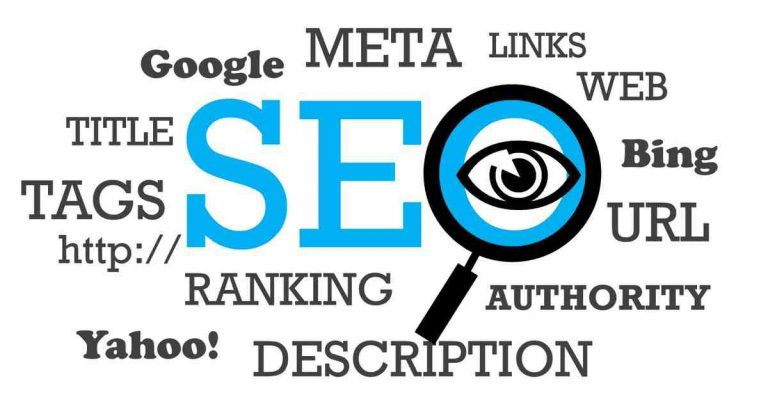
Solar power generation is a relatively new business venture. Before the rise of the modern solar panel, few companies specialized in solar energy. Eventually, however, the cost of solar energy production became lower than the cost of conventional energy. This sparked a shift in the energy industry, and many companies began to go out of business.
As the solar industry grows, so do the number of companies offering solar installation services.
When you’re looking to buy a new solar system, it’s important to do your research and find the company you can trust to get the job done right. The unfortunate reality is that some companies go out of business every year. While it’s not a fun thought, it’s important to realize that the industry is still growing and that there are plenty of other companies to choose from.
But, just as there are many solar installers, there are also many that go out of business.
One of the most common reasons for a company to go out of business is because they fail to meet the expectations of their clients. This is a problem that can be easily avoided if the company puts the right processes in place. The company should have a comprehensive quality control check on every order. They should also have technicians who are highly trained and experienced. The company should also have a robust customer service team who can handle any queries or problems that may arise during the installation process.
Since the solar industry is still a relatively new one, a certain percentage of companies will not last due to issues such as financial difficulties, competition from other companies or a lack of business.
A few years back, there was a rash of solar company failures. This was largely due to a decrease in government solar incentives and the fact that many solar companies were not set up to last. However, there have been some companies that have managed to stay afloat despite these setbacks.
However, many companies that go out of business do so due to issues within the solar industry that are completely out of their control.
One of the biggest reasons why some companies fail is because of poor management. While it’s impossible to know the answer to this question without direct knowledge of the company’s finances, it’s not uncommon for an inexperienced manager to be running a solar company. A lack of knowledge can lead to poor business practices and even legal problems, such as failing to handle warranty claims properly or not keeping good records.
Some factors that could cause a solar company to go out of business are the following:
The company that no longer exists is SolarCity. It was the first company to bring residential solar power systems to the U.S. market. While the company might still be in business, it no longer sells products or services.
If there aren’t enough people interested in your services, you won’t have enough customers to make your business profitable.
Sometimes, there are circumstances beyond your control that can lead to a company going out of business. Maybe it’s an economic downturn that makes it difficult for people to afford to purchase your products or services. Or maybe you lost a key employee and were unable to find a replacement. Whatever the reason, it’s important to consider the possibility that you might not be able to make it.
If the price of solar keeps increasing (as is the case right now with the cost of solar panels), it will get harder and harder for companies to break even.
From 2008 to 2012, the number of companies in the commercial solar industry in the U.S. grew by more than 900%. This growth did not happen without challenges. While the cost of solar has plummeted in recent years, it’s still not cheap enough for many companies to break even.
Conclusion
Leaving the industry or going out of business is never an easy decision. However, the good news is that the solar industry is moving forward at breakneck speed! In 2018 alone, solar companies have closed down. But, the good news is that the U.S. solar industry has grown by 30 percent, which is a testament to the growth and advancement of the industry.






